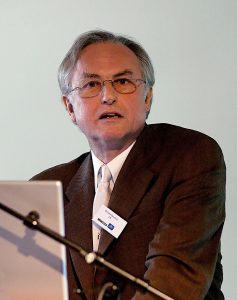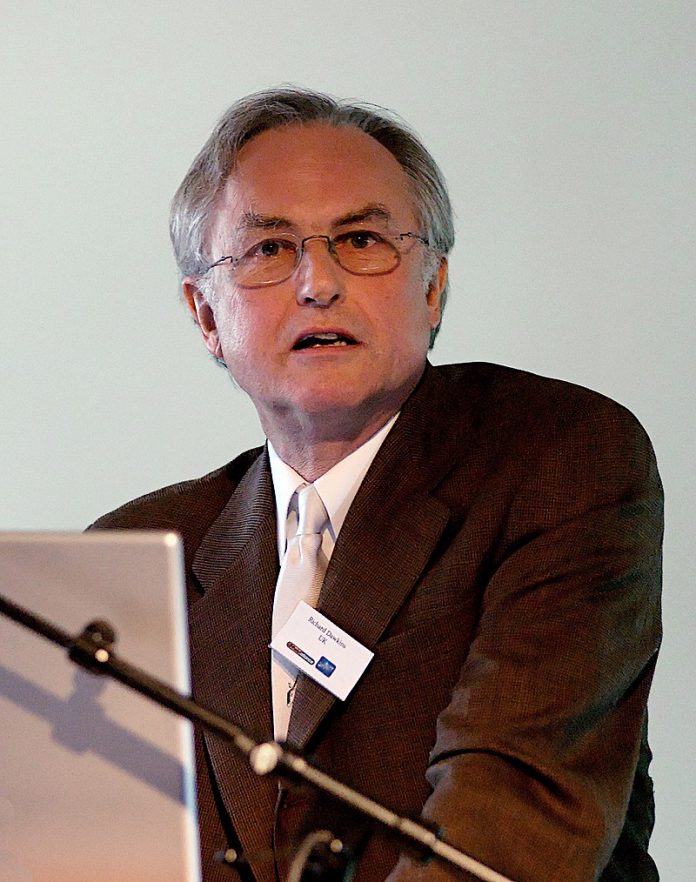This editorial is written by Sun News contributor Mr. Conlan Salgado
The people of the world are the most miserable they have ever been. It is curious to an extent that they are so miserable because they should be very happy; they have the most material comforts and they have the most freedom in the spheres of politics and information access of any peoples historically. Alluding to the point of free access of information, ironically we are vastly the stupidest population ever to have existed too. Science has procured a great plethora, even an excess, of material comforts; science has elongated the life of man by many years and has eradicated a great many diseases. 89% of young people in Great Britain believe their lives are meaningless though and depression rates are reaching zeniths never before touched. Why such a plague of hopelessness? The reason for this is all very simple: there is no God. Now the enlightenment, not the Renaissance, was the first period where a great many scholars told us that Science had now replaced God. Science should not be blamed because it was really the philosophers who told us this; some scientists took up the theory later on into modernity. The philosophers theorized that science had replaced God because they did not understand God, really they did not even understood what He suggested or represented. Whether they understood science, I do not have the authority to say, but they certainly did not understand God. Nietzsche at least had the decency to minimally understand what God represented before he rejected Him. No other philosopher did us this service. The philosophers of the enlightenment thought that God represented a replacement for ignorance; they thought that God was used to explain what human beings could not explain, but which science gradually explained and so super-ceded God. In other words, God was a plug. But God was not a plug. It is of course true that many peoples throughout the ages have used God to explain certain phenomena, but that was not why they believed in Him. God must be already believed in if He is to be used as a plug. He was called the Creator of all things; when science said that things create themselves, the philosophers thought that meant that God had been kicked out from office. After all, science was gradually doing things that only God was thought able to do previously; God was thought the only one able to say, “Let there be Light, and there was Light.” But along came science and made the creation of light as simple as the flick of a switch. Now almost every man, woman, and child can create light with a press of his finger. Science became for us a healer, working great miracles for people’s health. God cured diseases before science came. Science can even now create life in a laboratory, which was the highest office reserved to God. Perhaps then it is pardonable that the philosophers thought that God was dead, or at least usurped. Yet the one reality which science cannot create, the reality reserved to God alone, is meaning. Science can create life, but it cannot create a meaningful life. There is no blame to be laid upon science, for science has executed its office almost to perfection, always discovering for us new secrets and realities about external nature. Philosophy has not done its job. The job of philosophy is to discover for us the secrets of internal nature, but circa the enlightenment, philosophers thought this was almost too much to ask and so their excuse for giving up on their job was pretending that there was no internal nature to be worked with. I unequivocally deny those who blame science for abolishing God; the absence of philosophy, not the presence of science, is what exiled God from our world of man. You see, in the real recesses of the archive of God, in the Bible and the literature of the catacombs, there is not very much talk of God being anything or anyone other than the One who perfects our internal nature. God is called the Creator of all things, but how He created the world is not at all relevant to His existence. The primary office of God was not to create light, or to heal diseases of the body; in fact, these were not the offices of God at all. They were more like His hobbies. How they are described in His book of the Bible is poetry, and poetry is an imaginative representation of an incomprehensible reality. As I always say, God is poetry. God gave purpose to people and told them why they were living and why they possessed certain proclivities and talents. God explained why evil occurred and good occurred. God made sense of the terrible conflicts and depressions of the inner life of man and saved him from these conflicts. God was the first psychologist and a far better one than those on our current roster. God gave meaning and that office has still not been usurped from Him. Once I heard Richard Dawkins declare that people did not require meaning and that it was banal to ask for any. To his defense, he was finishing a very long debate and perhaps he was not thinking clearly [this was on Oct. 4, 2012, in an exchange in Australia with Cardinal George Pell]. I must say however that I resent the statement. There was once a period during which the philosophers would have been incensed at such an abject denial of the purpose of philosophy. But philosophers no longer exist; they abdicated their position when they abdicated the Man who gave them a purpose for their position. They became afraid because they had driven God and meaning into exile, so they asked science to perhaps take the temporarily vacant position, not only because meaning must be, but because philosophers wished to have a reason for philosophizing once more. It did not go well. I am tired of philosophers trying to be scientists and I am tired of scientists trying to be philosophers. Why cannot they simply be friends and leave their respective fields tangent to each other, but not intrusive upon one another. People should stop blaming science for a lack of meaning in the present epoch and rather begin to blame philosophy. And scientists should stop pretending to be God. They make great men, but very poor Gods.















